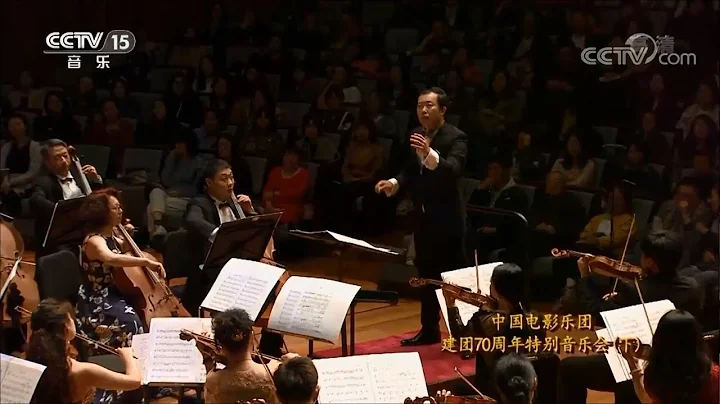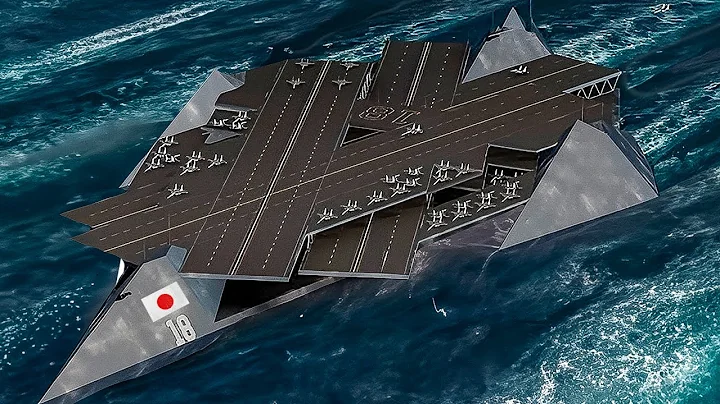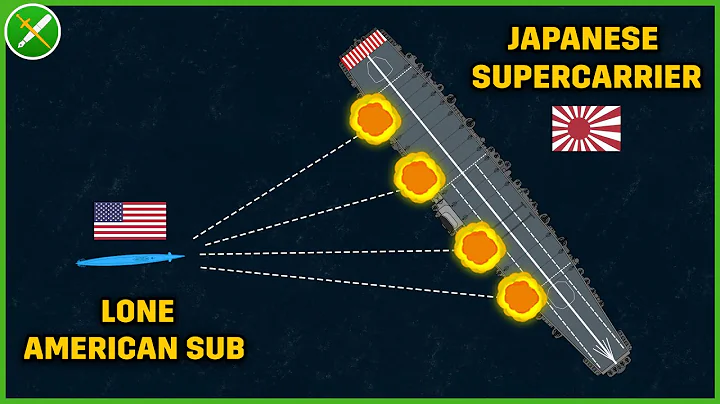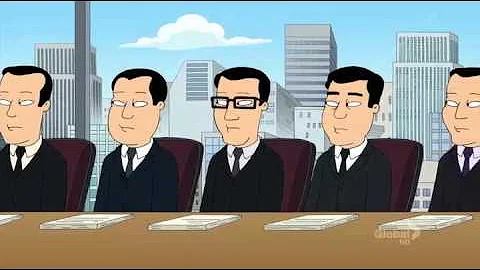pays tribute to the generals and heroes of the Shipai Defense War (serial part two)
(continued from the previous part)
(three), China’s military input.
has a total of more than 150,000 people (excluding part of the 14th Air Force Air Force).
1. China’s Sixth War Zone.
Commander-in-chief: Chen Cheng (Initially, Sun Lianzhong acted as commander-in-chief. At a critical moment, Chen Cheng took the initiative to Chiang Kai-shek resign as commander-in-chief of the Chinese Expeditionary Force and return to command).

General Chen Cheng
Deputy Commander: Wu Qiwei (also Commander-in-Chief of the Jiang Defense Force in the upper reaches of the Yangtze River).

General Wu Qiwei
The Sixth Theater has jurisdiction:
(1). The 29th Army, Commander-in-Chief Wang Zuanxu, Deputy Commander-in-Chief Liao Zhen, has jurisdiction:
A. The 44th Army, Commander Wang Zejun, has the 149th Division, 150th Division, 161st Division and 162nd Division.
B. The 73rd Army, commander Wang Zhibin , has the 15th Division, the 77th Division and the 5th Division.

General Wang Zuanxu
(2). The 10th Army, commander-in-chief Wang Jingjiu, has jurisdiction:
A. The 87th Army, commander Gao Zhuodong, has the 43rd Division, the 118th Division and the 23rd Division.
B. The 94th Army, commander Mou Tingfang , has the 55th Division, the 121st Division, the Temporary 35th Division and the 3rd Battalion of the 6th Engineer Regiment.

General Wang Jingjiu
(3). The 33rd Army, Commander-in-Chief Feng Zhian, Deputy Commander-in-Chief Li Wentian, under the jurisdiction of:
A. The 59th Army, Commander Huang Weigang, has 38 divisions, 180 divisions, and temporary 53rd Division and the 2nd Battalion of Independent Engineers.
:B. The 77th Army, commander Feng Zhian (concurrently), has the 37th Division, the 132nd Division and the 179th Division.
C. The 74th Army, commander Wang Yaowu, has the 51st Division, the 57th Division and the 58th Division.
D. The 79th Army, commander Wang Jiaben, has the 98th Division, the 194th Division and the 6th Division
E. The 30th Army, the commander Chi Fengcheng, has the 27th Division, the 30th Division and the 31st Division.

General Feng Zhian

General Wang Yaowu
(4). The 26th Army, Commander-in-Chief Zhou Qi, Deputy Commander-in-Chief Ou Shounian, under the jurisdiction of:
A. The 75th Army, Commander Liu Jiming, has 61 Divisions, 16 Divisions and Pre-4 Division.
B. The 65th Army, commander Fang Jing, has the 185th Division,  99th Division , the 1st Marine Brigade, and the 1st Battalion of the 6th Engineer Regiment.
99th Division , the 1st Marine Brigade, and the 1st Battalion of the 6th Engineer Regiment.

General Zhou Qi

District Shounian General
(5). Jiang Defense Army in the upper reaches of the Yangtze River, Commander-in-Chief Wu Qiwei (concurrently), under the jurisdiction of:
A. 18th Army , Army Commander and Commander of Bayi Fortress Official Tian, Deputy Army Chang Luo Guangwen (also the commander of the 18th Division).
There are the 11th Division (division commander Hu Lian ), the 18th Division (division commander Tan Daoshan, who is not yet in place, and Luo Guangwen concurrently serves as the commander), the 34th Division, Bayi Fortress Headquarters and the 66th Independent Engineer Battalion.
B. The 86th Army, commander Zhu Dingqing , has the 13th Division, the 67th Division, the Bawan Fortress Headquarters and the Fengjie Garrison Area.
C. The 2nd Navy Fleet, the 4th Heavy Mortar Regiment, the Fortress Engineer Regiment, the Masonry Brigade, the 2nd Battalion of the 42nd Artillery Regiment.

General Fang Tian

General Luo Guangwen

General Hu Lian
(6). Other security forces.
There are 12 corps (38 divisions), 3 advancing columns and 2 independent brigades above.
2. Troops directly under the jurisdiction of the Chongqing Military Commission: the 32nd Army, commander Song Kentang, including the 5th Division, the 139th Division and the 141st Division.
(4) The defense deployment of the Chinese army.
Based on the principle proposed by Chen Cheng that "it is necessary to ensure Chongqing as the core of defense and deploy heavy troops in the direction of river defense with Shipai Fortress as the axis", the Chinese army formulated a V-shaped, careful overall defense deployment along the Yangtze River. .
1. Wang Zuanxu's 29th Army defends Anxiang to the area south of the public security Maocao Street line.
At the same time, the rear control corps was deployed to enter and leave the south bank of Chengshui in a timely manner, and combined with the troops of the 10th Army to defeat the enemies rushing into this area.
2. Wang Jingjiu's 10th Army defends the area south of the line from Maocao Street to Songzi, Zhijiang to Yidu.
At the same time, try to gather as many troops as possible, enter and exit the area north of Chengshui in a timely manner, and combine with the 29th Group Army to destroy the enemies rushing into this area.
3. Wu Qiwei's Jiang Defense Army in the upper reaches of the Yangtze River defends the area from the west of Yidu to the south of the line of Pingshan Dam and Shipai Fortress.
At the same time, one unit was taken out and moved in and out of Niejiahe (southwest of Yidu) in a timely manner to implement mobile operations.
4. The 75th Army, the 77th Army, and the 59th Army stood firm at the Sanyoudong and Zhuandouwan lines, resisting firmly, and launched a counterattack after the enemy reached the mountain fortress areas of Yuyangguan and Shipai lines.
5. The 26th Group Army sent its main force to Longquanpu ( about seven kilometers northeast of Yichang ) and Shuanglian Temple ( about six kilometers southwest of Dangyang ).
The 33rd Group Army attacked Dangyang with four divisions to cope with the main battle in the south of the Yangtze River.
2. The general process of the Battle of Western Hubei. .
What is different from previous operations is that the Japanese army adopted a successive encroachment strategy and carried out three phases of operations in Anxiang, Gongan, Zhijiang and three areas west of Yichang.

1. The first phase of the Japanese army's battle.
On April 16, 1943, the participating units of the Japanese army began to assemble; on May 3, the combat headquarters of the 11th Japanese Army advanced to Shashi. In the early morning of May 5, the first phase of the Japanese operation began and ended on May 9. The 29th Group Army and other Chinese troops were completely defeated.
2. The second phase of the Japanese army’s battle.
html On May 9, the Japanese 11th Army issued the second phase of combat orders, which ended on May 15, taking only six days.During this period, the 10th Army and other Chinese armies did nothing but resist one after another. Their retreat was so fast that the Japanese army could not catch up. For this reason, the Japanese army was very dissatisfied with the results of the second phase of the operation and was very "unsatisfactory".
The Japanese army attacked one after another from south to north and had approached the Yichang area along the Yangtze River. At this critical period, Chen Cheng took the initiative to resign as commander of the Chinese Expeditionary Force to Chiang Kai-shek and returned to the Sixth Theater.
3. The third phase of Japanese operations.
After severely inflicting heavy losses on the 10th Group Army and completing the second phase of the operation, the Japanese army shifted its forces northward, attempting to launch a pincer offensive from the north and south again to capture and annihilate the main forces of the Jiang Defense Army in Shipai and in the Sixth Theater. Between Qingjiang .


You must pay attention to the key time points of this battle:
The third phase of the Japanese army's battle began in the early morning of May 21. After breaking through all layers of defense lines, Jiang Defense Army became the focus of the entire battle on May 24.
On May 28th the defense battle of Shipai Fortress reached its climax. On May 31st, the Japanese army was finally defeated and forced to withdraw from the battle; on May 31st, the Sixth War Zone immediately deployed and issued an order to pursue the Japanese army.
Due to the exhaustion of the Japanese army from long battles and the thinking and cognition that "the Chinese army was slow to move after turning to pursuit in the past", the Japanese army neglected to be vigilant at the beginning of the retreat.
When it was discovered that the Chinese army was coming in full force, the rearguard troops fell into chaos. The 104th Regiment of the 13th Division of the Japanese Army, the 116th Regiment, one brigade each, and the first section of the 65th Regiment, with a total of more than 3,000 people, were attacked by the new Chinese army. The pursuit of the 23rd Division and the 55th Division;
Each of the 98th Division and the 121st Division of the Chinese Army overran the Japanese army and implemented an outflank; the headquarters and main force of the Japanese 13th Division and the independent mixed 17th Brigade also It was besieged by the main forces of the Chinese Army's 121st Division, 11th Division, 194th Division and 98th Division.
Commander of the 11th Japanese Army Yokoyama Isamu After learning that the 13th Division and other troops were surrounded, he decided to fight back with all his strength and used poison gas. However, he was severely damaged by Wang Yaowu's 74th Army and the temporary 6th Division. The division commander Akashiri disappeared.
html On June 12, China's Sixth Theater regained most of its lost territory, and both sides returned to their pre-war status. The entire Western Hubei Campaign ended.This battle was conducted around the Yichang Shipai fortress on the Yangtze River. That is to say, the Shipai defense battle was a key battle in the Western Hubei Campaign. It was a famous battle in which the Chinese army defeated the Japanese army in a weak victory, and it also affected the entire Hubei Province. The only battle to defeat the Japanese army in the Western Campaign.
The Battle of Shipai was of extremely great significance and had a profound impact on the victory of China's Anti-Japanese War.

Therefore, the heroes of the Shipai Defense War, especially the general heroes, became the most dazzling stars in the entire Western Hubei Campaign. They made the most contributions, and 5 generals were awarded the National Government highest honor "Blue Sky and White Sun" medal"!
(To be continued, see the three parts)





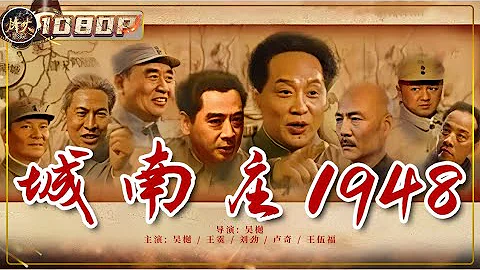

![March Towards Renaissance 走向复兴 [Chinese Military Songs] - DayDayNews](https://i.ytimg.com/vi/nY-oU7aGgRA/hqdefault.jpg?sqp=-oaymwEcCOADEI4CSFXyq4qpAw4IARUAAIhCGAFwAcABBg==&rs=AOn4CLDr-4nX62NncZtre32evYlcSGxMog)

